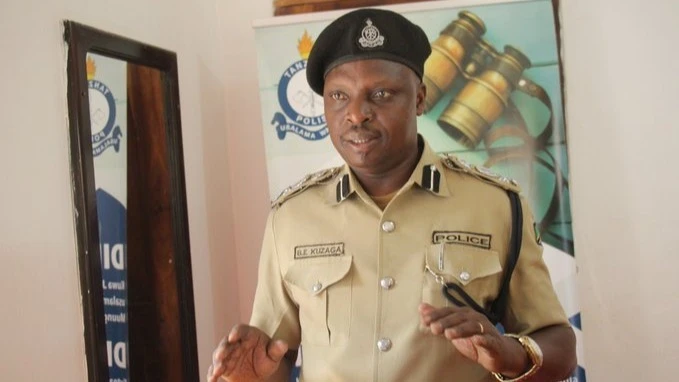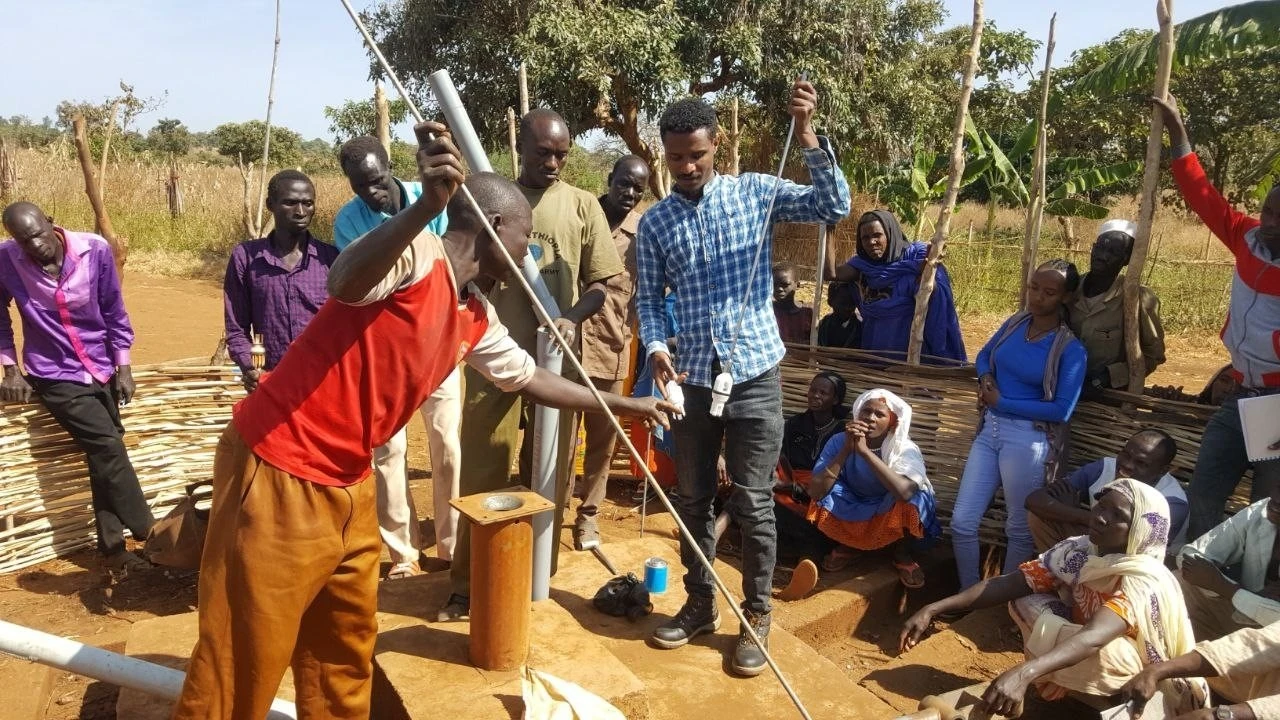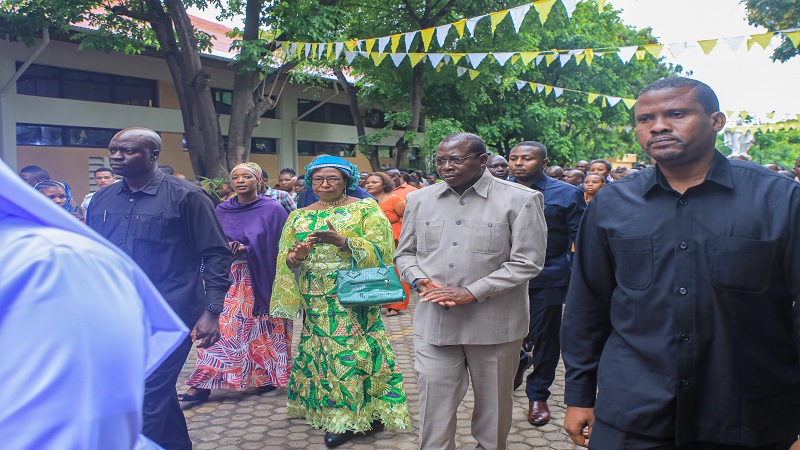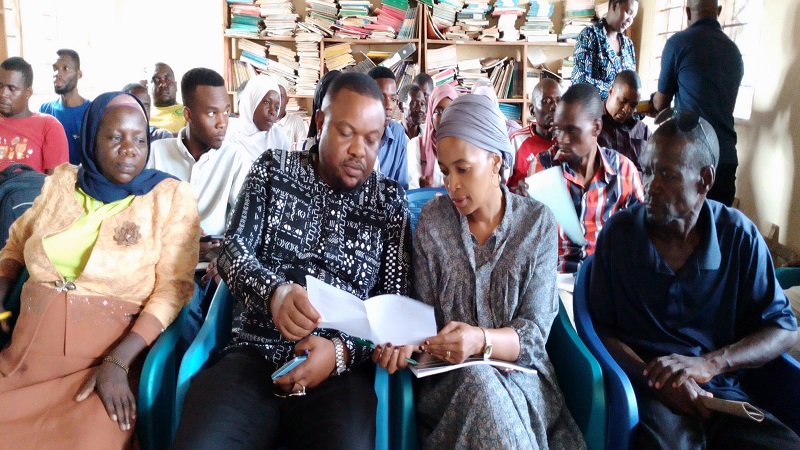TARI calls for further researches on improved seeds, technologies

The Tanzania Agricultural Research Institute (TARI) has reaffirmed its commitment to advancing research on improved seed varieties and agricultural technologies to boost productivity and meet national agriculture targets.
Despite progress in the seed production sector, TARI is focused on increasing farmer engagement to further enhance outcomes.
This message was delivered by TARI's Director General, Dr. Thomas Bwana, during a recent workshop in Dodoma that gathered agricultural experts to discuss market insights and seed systems for groundnut, sorghum, and bean crops.
The forum provided a platform for stakeholders to share feedback on the latest improved seed varieties released for these crops under the Accelerated Varietal Turnover for Pollinated Crops (ACCELERATE) project.
Dr. Bwana assured stakeholders that TARI would continue to develop solutions addressing key challenges in agriculture, including climate change impacts. Recently, TARI introduced 16 improved varieties for beans, groundnuts, and sorghum. These include TARIBEAN 6 through TARIBEAN 11 for beans, TARIKA 1 and TARIKA 2 for groundnuts, and TARISOR 1 and TARISOR 2 for sorghum.
Emmanuel Thomas, National Coordinator for the AVISA project, emphasized the workshop’s role in guiding stakeholders on the adoption of new varieties and the importance of market intelligence. He noted that this collaboration would help unlock market opportunities and enhance farmers' access to climate-resilient seeds.
The ACCELERATE project focuses on promoting improved, climate-resilient seed varieties across Tanzania and Africa, aiming to boost adoption among small-scale farmers.
Chamwino-based farmer Olipa Mahala shared her success with the improved TARISOR 1 sorghum variety, which increased her yield from 4-5 to 15-20 sacks per hectare.
Agatha Lazier, a peanut butter processor from Dar es Salaam, urged farmers to seek expert guidance from TARI to optimize crop selection and enhance productivity.
The workshop attracted researchers, farmers, and entrepreneurs involved in the groundnut, sorghum, and bean value chains, fostering knowledge exchange.
Similar workshops in Arusha and Dar es Salaam also drew participation from 224 stakeholders, organized in collaboration with the International Maize and Wheat Improvement Center (CIMMYT).
Top Headlines
© 2025 IPPMEDIA.COM. ALL RIGHTS RESERVED

























